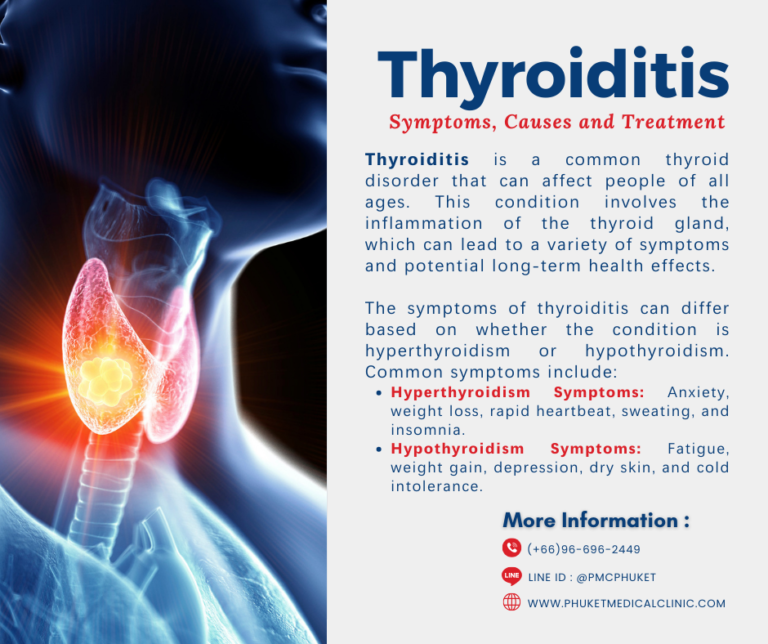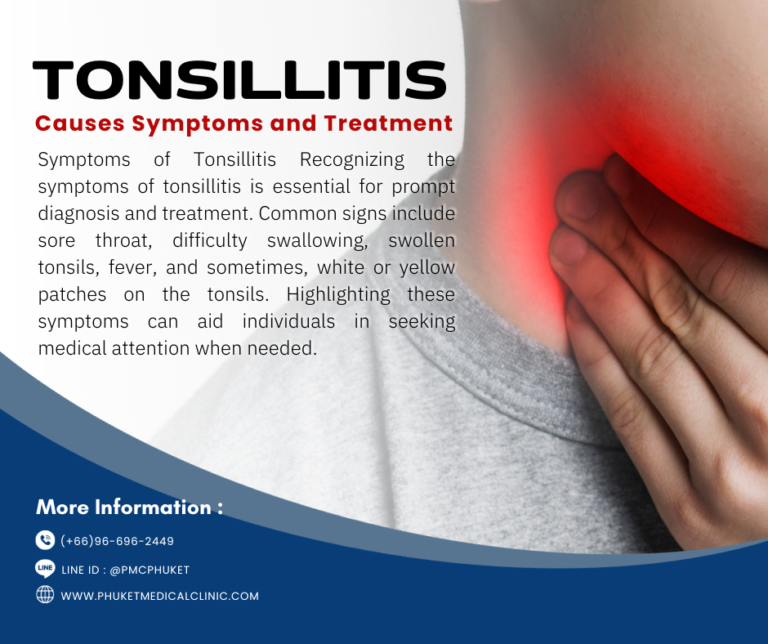Pyelonephritis is a potentially serious kidney infection that can lead to severe health complications if left untreated. It is essential to be well-informed about this condition, its causes, symptoms, and treatment options to ensure timely intervention and recovery. In this SEO article, we will delve into the world of pyelonephritis, shedding light on its various aspects.
What Is Pyelonephritis?
Pyelonephritis is a type of urinary tract infection (UTI) that affects the kidneys. It occurs when bacteria enter the kidneys through the bloodstream or urinary tract and multiply, leading to an infection. Pyelonephritis can be either acute or chronic, with acute pyelonephritis being a sudden and severe form of the infection.

Causes of Pyelonephritis
- Bacterial Infection: The most common cause of pyelonephritis is a bacterial infection, usually stemming from a lower urinary tract infection that travels to the kidneys. Escherichia coli (E. coli) is often the culprit.
- Anatomical Abnormalities: Structural issues in the urinary tract, such as kidney stones or an enlarged prostate in men, can increase the risk of pyelonephritis.
- Catheter Use: People with urinary catheters are at a higher risk of developing pyelonephritis because catheters can introduce bacteria into the urinary tract.
- Weakened Immune System: Individuals with compromised immune systems, like those with diabetes or HIV, are more susceptible to kidney infections.
Symptoms of Pyelonephritis
The signs and symptoms of pyelonephritis can vary in severity but often include:
- Fever and Chills: High fever and shivering are common, indicating a systemic infection.
- Flank Pain: Pain in the lower back or side, typically on one side, is a hallmark symptom.
- Frequent Urination: An urge to urinate frequently, even when the bladder is empty.
- Burning Sensation: A burning sensation during urination, similar to a UTI.
- Nausea and Vomiting: Gastrointestinal symptoms can accompany pyelonephritis.
- Cloudy, Bloody, or Foul-Smelling Urine: Changes in urine color and odor may occur.
Diagnosis and Treatment
If you suspect you have pyelonephritis or are experiencing the symptoms mentioned above, it is crucial to seek medical attention promptly. A healthcare provider will perform a physical examination and may order diagnostic tests, such as urine culture and blood tests, to confirm the diagnosis.
Treatment typically involves:
- Antibiotics: Antibiotics are prescribed to eliminate the bacterial infection. The choice of antibiotic will depend on the specific bacteria causing the infection and its sensitivity to drugs.
- Pain Management: Over-the-counter pain relievers or prescription medications may be recommended to manage pain and discomfort.
- Hydration: Drinking plenty of fluids helps flush out the infection and prevents dehydration.
- Hospitalization: In severe cases, or if the patient is unable to tolerate oral antibiotics, hospitalization may be necessary for intravenous antibiotic treatment.
Prevention
Preventing pyelonephritis involves maintaining good urinary tract health. Here are some preventive measures:
- Stay Hydrated: Drink an adequate amount of water to flush out bacteria from the urinary tract.
- Urinate Regularly: Avoid holding in urine for prolonged periods and empty your bladder completely when urinating.
- Practice Good Hygiene: Always wipe from front to back after using the toilet to prevent the spread of bacteria.
- Limit Catheter Use: If possible, avoid the use of urinary catheters, and if necessary, ensure proper catheter care.
- Promptly Treat UTIs: If you have a UTI, seek treatment promptly to prevent it from progressing to pyelonephritis.
Pyelonephritis is a serious kidney infection that can lead to severe complications if not addressed promptly. Knowing the causes, symptoms, and treatment options for pyelonephritis is crucial for maintaining kidney health. By taking preventive measures and seeking timely medical attention when needed, you can reduce your risk of developing this painful and potentially dangerous condition.
Pyelonephritis – Diagnosis and Treatment at Phuket Medical Clinic
Phuket Medical Clinic : Close, Expert Care. Dedicated Medical Professionals and Skilled Team providing Consultation and Treatment. Walk-in or Scheduled Appointments for Convenient and Efficient Services.
Book an appointment online : https://phuketmedicalclinic.youcanbook.me
Daily Open 🕙 10:00-18:00
Contact number ☎️ 096-696-2449
Line id : @pmcphuket or https://lin.ee/R1TKRDo
Map 📌https://goo.gl/maps/xu45eTQUTjgpukJa7
Website 🌐https://pmcclinicphuket.com
Feel free to consult with a doctor or ask further questions anytime.
Inbox : m.me/100483916443107
#healthcareclinic #คลินิกภูเก็ต
Phuket #Clinic #ภูเก็ตเมดิคอลคลินิก
#Phuketmedicalclinic






